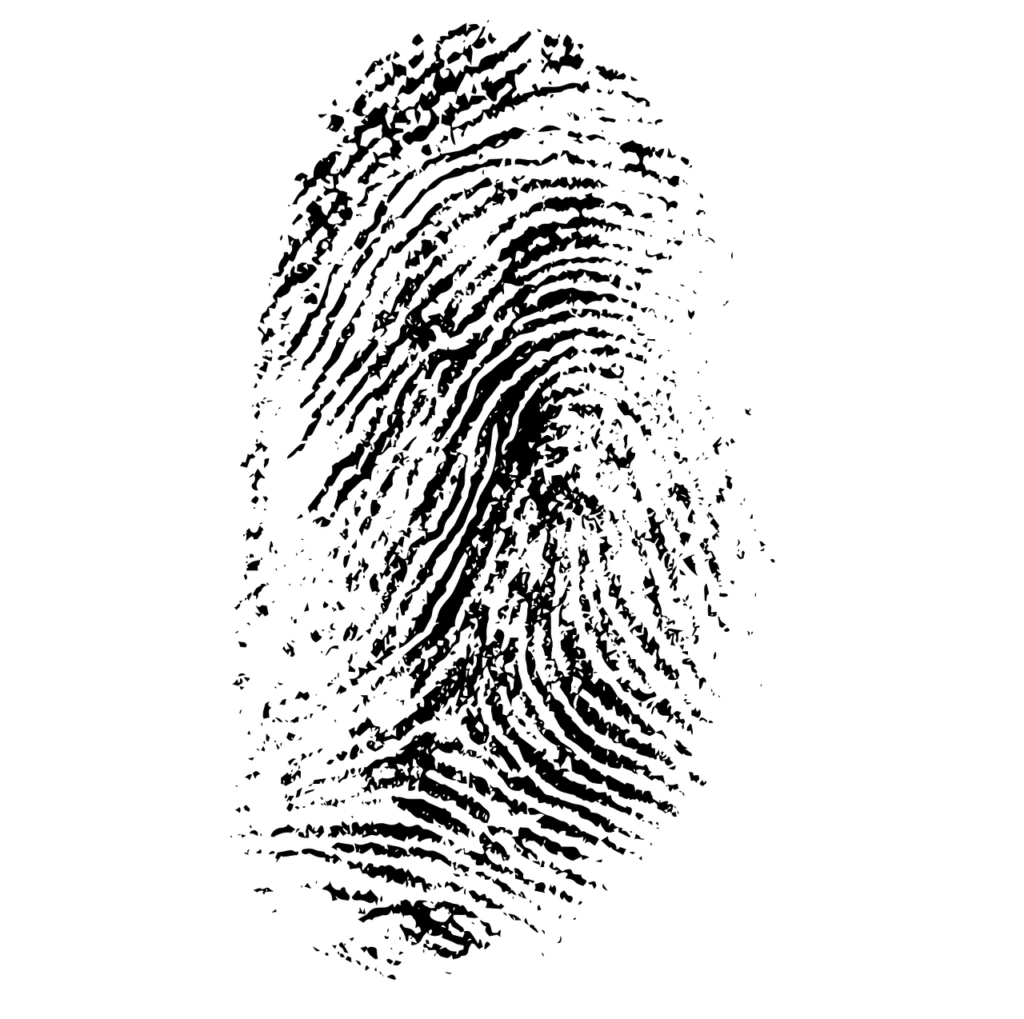
So you’ve been charged with a crime. Naturally, you are asking yourself, “Will I ever be able to get this off of my record?” The process of having your record cleared is called “expungement.” Every state has it’s own rules regarding expungement. Unfortunately, Virginia is particularly restrictive when it comes to expungements.
When are You Eligible for an Expungement?
In Virginia, you are eligible for an expungement in one of three (3) circumstances:
1) your charge was nolle prossed, or dropped, by the Commonwealth’s Attorney;
2) your charge resulted in an acquittal before a judge or jury; or
3) your charge was “otherwise dismissed.” Va. Code Ann. § 19.2-392.2 (2010).
The first two avenues are pretty straight forward. The third circumstances is a bit more complex. According to the Virginia Supreme Court, a charge is “otherwise dismissed” when you are factually “innocent” of the charge. In Brown v. Commonwealth, 278 Va. 92, 677 S.E.2d 220 (2009), the Supreme Court stated that to be “innocent,” your charge must have been dismissed without your trial court having found facts sufficient to establish your guilt.
In practical terms, this means that if you received a “deferred finding” (in cases such as domestic assault, possession of marijuana, or possession of cocaine), you will not be able to obtain an expungement. That is the case even though your charge was ultimately dismissed. For more information, take a look at Gregg v. Commonwealth, 227 Va. 504, 316 S.E.2d 741 (1984).
Will You Definitely Get an Expungement if You Are Eligible for it?
Even if your charge is eligible for expungement, in many instances the court still has the power to deny it. If you have been charged with a misdemeanor and have no criminal record, you are entitled for an expungement, and the Commonwealth’s Attorney bears the burden of establishing why the expungement should be denied.
If you where charged with a felony, it’s more difficult. In fact, it is your burden to establish that “manifest injustice” will be caused if you were denied the expungement [Va. Code Ann. § 19.2–392.2(F)]. Determining the actual meaning of “manifest injustice,” is not an easy task. Neither the Virginia Code or the Virginia Supreme Court have defined this phrase. However, demonstrating a loss of a job, education or credit opportunity will assist the court in granting your expungement.
How Do You Seek an Expungment and How Long Could It Take?
Seeking an expungement is a completely separate action from your actual criminal charge. In fact, you are actually required to file civil suit against the Commonwealth of Virginia. In the civil suit, you must provide specific personal information, information about and the final disposition of your charge, as well as assert that you deserve the expungement. It must also be filed in the Circuit Court in the jurisdiction in which your charge arose.
Like any other civil suit, you are required to pay a filing fee and have the suit served upon the opposing party (here, the Commonwealth). After filing the suit, you must take a copy of the suit to a local police department to have you fingerprints taken so that Virginia law enforcement can perform a background check of you. Your record check will then be sent to the Circuit Court. Upon receipt of your record check, a hearing will be held by the Court, at which time you can argue to the judge why you deserve the expungement. Assuming the Court grants your expungement, it will then take several weeks to months for the appropriate state agencies to destroy or seal the records regarding your charge.
If you are denied the expungement, you have the option to file an appeal with the Virginia Supreme Court. If, ultimately, you are not granted the expungement, having the record sealed or destroyed is very difficult and requires a request for pardon from the Virginia Governor. Even then, an expungement is only eligible in limited circumstances (i.e., you can show that you were illegally arrested).
Should You Even Try to Get an Expungement?
If you are eligible for an expungement, you should absolutely seek one. As you probably have seen, most job, school, credit, and benefit applications ask whether or not you have ever been charged with a crime. If you are granted an expungement for a particular charge, you are not required to disclose the charge. Law enforcement, the courts, and other agencies are also prohibited from disclosing your charge.
Additionally, prior charges can be used against you if you have the unfortunate circumstance of coming back before a court in the future. I cannot tell you how many times I have been dealing with a Commonwealth Attorney who says to me, “your client was charged with _______ before.” And though I respond, “Well, he wasn’t convicted,” the Commonwealth Attorney often times has that in his or her mind when considering how to proceed with the charge.
Will Your Expungement Get Rid of All Records of Your Charge, Even Online?
Occasionally, I have clients who have earned an expungement come to me and tell me how their charge is still showing up on the internet, newspaper, or some other source. Know that being granted an expungement orders that court, law enforcement, and other state agencies records be sealed or destroyed. Unfortunately, an expungement order does not reach outside of that scope. Nevertheless, an expungement is still invaluable, and I always recommend one if possible.
What if you don’t Qualify for an Expungement?
If you’re not eligible for a Virginia Expungement, you should write your state Representative in the General Assembly. As it stands, our laws need to change. And that may happen. But not without your efforts.
If you have more questsion about Virginia expungement law reach out to Abrenio Law at 703.570.4180. If you want to learn more about Owner James Abrenio, check out his profile here.
